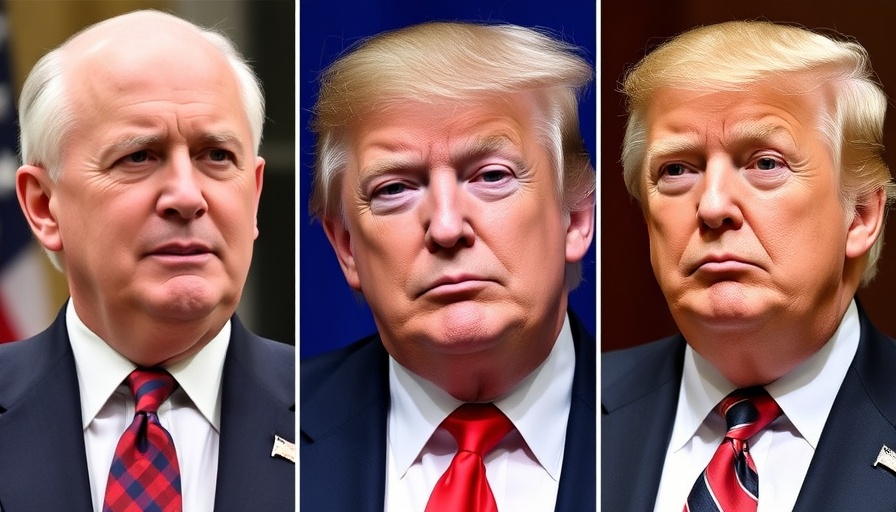
Why Taxing Bitcoin Sparks Debate
Fund manager Bill Miller IV has stirred conversation in the cryptocurrency realm by asserting that taxing Bitcoin “doesn’t make a ton of sense.” On the Coin Stories podcast, Miller emphasized that governments lack a legitimate claim to Bitcoin taxation because managing ownership rights involves minimal administrative actions from them.
Blockchain: The Autonomous Keeper of Ownership
Miller argues that Bitcoin operates independently of government intervention for ownership verification. In stark contrast to traditional assets like real estate, where taxes are paid to manage property rights, Bitcoin leverages blockchain technology for ownership recording. This decentralized ledger not only authenticates ownership but also minimizes reliance on government infrastructure.
The Future of Bitcoin Taxation: Uncertainty Ahead
The conversation about Bitcoin taxation is far from settled. Miller hints at potential changes to taxes on cryptocurrencies, suggesting a shift towards more favorable treatment, such as exemptions from capital gains taxes. However, he acknowledges the existing uncertainty surrounding taxation, stating, “It is still early.” This ambiguity presents significant hurdles for traditional asset managers looking to invest in Bitcoin.
What Does This Mean for You?
If you’re an investor or considering entering the cryptocurrency market, understanding the implications of taxation is crucial. Tax regulations can significantly impact your investment returns. Keeping an ear to the ground on developments in Bitcoin tax legislation will empower you to make informed decisions about your investments.
A Call to Engage
As the dialogue around Bitcoin taxation evolves, staying informed and engaged is vital for all cryptocurrency enthusiasts. Join local discussions, follow news updates, and consider how shifts in tax policy may affect your investments. With your voice, you can contribute to shaping a community that advocates for fair treatment of cryptocurrency assets.
 Add Row
Add Row  Add
Add 




Write A Comment